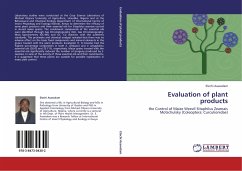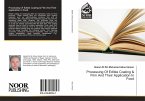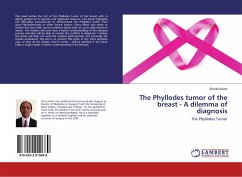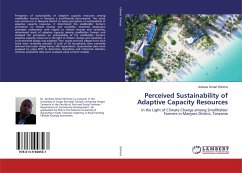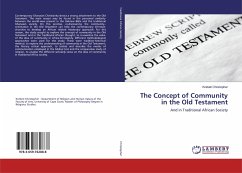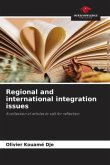Laboratory studies were conducted at the Crop Science Laboratory of Michael Okpara University of Agriculture, Umudike, Nigeria and at the Behavioural and Chemical Ecology Department of International Centre of Insect Physiology and Ecology Nairobi, Kenya to determine the efficacy of some plant products and their essential oils for Sitophilus zeamais control in stored maize grains. The constituent compounds of the essential oils were identified through Gas Chromatography (GC), Gas Chromatography- Mass Spectrometry (GC-MS) and GC- Co injection with the authentic standards. The proximate and chemical analyses revealed that there was no adverse effect on the basic food components and mineral elements in the grains treated with the plant products. Eucalyptol (1, 8 Cineole) had the highest percentage composition in both X. aetiopica and V. amygdalina essential oils (26.63 and 25.11%, respectively. Maize grains treated with the essential oils significantly reduced the number of progeny produced by S. zeamais. In view of the activity of these essential oils and their constituents, it is suggested that these plants are suitable for possible exploitation in insect pest control.
Bitte wählen Sie Ihr Anliegen aus.
Rechnungen
Retourenschein anfordern
Bestellstatus
Storno

